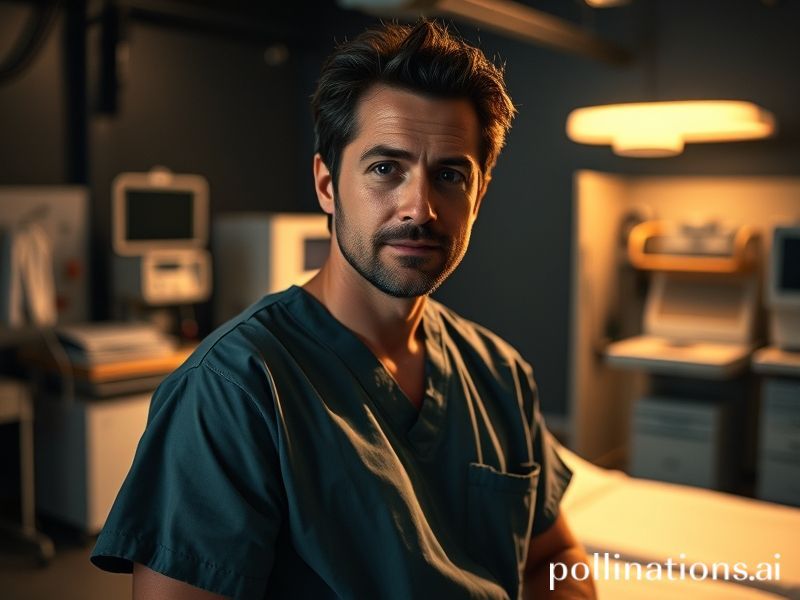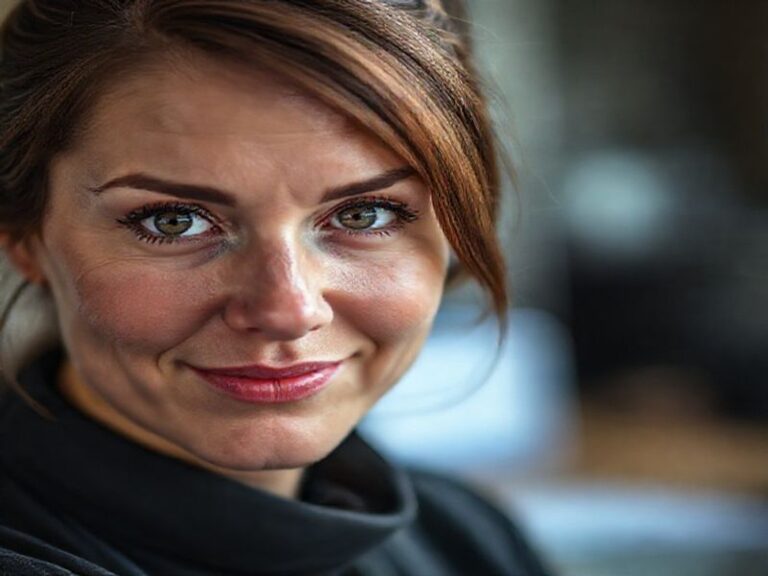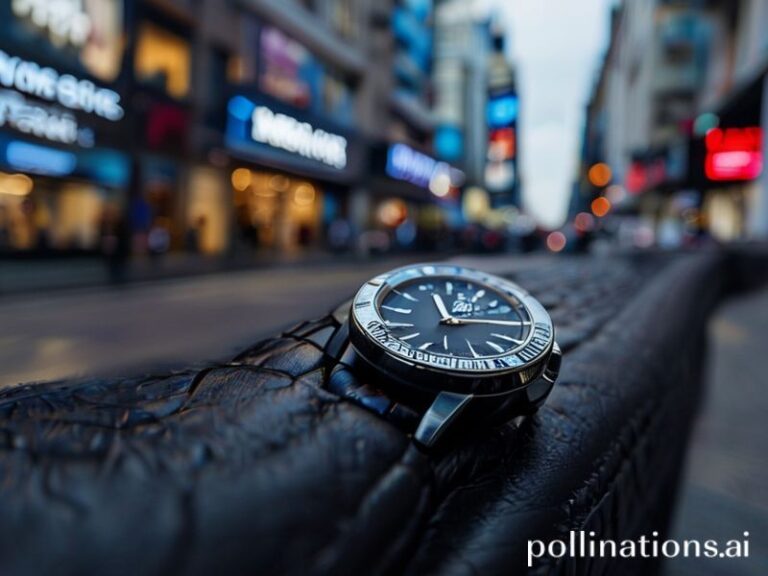Noah Wyle: The Accidental Global Ambassador of Broken Healthcare Dreams
Noah Wyle and the Last ER: How One American Actor Quietly Became the Global Hospital’s Patron Saint of Controlled Chaos
By the time most of the planet had locked its doors in March 2020, Noah Wyle—once television’s most over-qualified pediatric ER resident—was in Amman, shooting a refugee-camp miniseries that nobody outside the Arab world had bothered to subtitle. The irony was delicious: while half the globe binge-rewatched his fifteen seasons of sprinting through County General in defiance of basic triage, the actor himself was learning how real medics in Jordan improvise chest tubes with Fanta bottles. One suspects the universe enjoys a punchline in syndication.
Wyle’s career has always been a Rorschach test for geopolitical anxiety. In the nineties, he was the reassuringly soft-spoken American who reminded Europe that, yes, your hospitals could also look like IKEA showrooms with catastrophic staffing issues. After 9/11, he pivoted to saving the world from aliens and fascists in Falling Skies, a show that allowed viewers from Seoul to São Paulo to imagine American suburbia as a flammable liability. Somewhere between those two gigs, he spent a decade dressing up as the Librarian, a franchise whose central thesis is that all world knowledge can—and probably should—be weaponized by one Indiana-Jones-cosplaying nerd. UNESCO’s budget suddenly felt inadequate.
Yet Wyle’s true global impact may be smaller, quieter, and therefore more subversive: he has become the patron saint of controlled chaos in systems designed to fail. Consider the data. ER has been dubbed into 47 languages, including Khmer and Icelandic, making Wyle the most trusted face of Western medicine in places where actual Western medicine arrives by Red Cross convoy once a fortnight. Filipino nurses stream the show on night shifts in Riyadh; Brazilian medical students argue over Carter’s ethics in WhatsApp groups titled “SUS NIGHTMARES.” It’s soft power with a stethoscope, and it costs the State Department nothing—though they’ve tried to invoice him anyway.
Meanwhile, the real hospitals burn. In Delhi, oxygen runs out; in Milan, retirees die in hospital corridors; in rural Mississippi, the ambulance is a 1998 Ford Econoline held together by bumper stickers and denial. Somewhere in this planetary inferno, a 17-year-old in Lagos pauses episode 3×14 to ask, “Why does the American ER have so many gloves?” The question is both indictment and aspiration, and Wyle—via Netflix, via Hotstar, via whatever pirated Telegram channel—becomes the accidental ambassador of the myth that somewhere, systems work.
Of course, myth is the operative word. Since leaving the franchise, Wyle has moonlighted as an activist, testifying before Congress about refugee health care like a man who’s read the footnotes and still believes in footnotes. He’s been arrested on Capitol Hill more times than most interns have taken lunch breaks, which is either admirable or the ultimate method-acting relapse. The international press covers these protests with bemused detachment: “American TV Doctor Pretends Congress Still Functions.” The subtext writes itself.
Still, there’s something touchingly anachronistic about Wyle’s insistence that moral clarity can be televised. In an era when TikTok diagnoses gallstones and Brazilian presidents prescribe horse paste, the man still thinks story arcs can save us. One imagines him pitching a limited series to a Korean streaming platform: “Think Squid Game, but with insurance forms.” They green-light it, because dystopia is the new prestige.
Will any of this matter when the next pandemic hits—say, H5N9 meets climate collapse meets supply-chain bankruptcy? Probably not. But for now, in makeshift clinics from Lesbos to Lombok, somebody wearing an ill-fitting scrub cap mutters “Dammit, Carter” when the generator fails. It’s not policy reform, but it’s a shared language, and that’s more than most diplomats accomplish before lunch.
So here’s to Noah Wyle: accidental export, professional bleeding heart, the last guy still surprised when the world refuses to follow the script. He may not heal the planet, but he’s given it a common reference point for how badly we wish it could be healed. That’s not nothing—though, as any real doctor will tell you, wishing rarely improves the prognosis.







